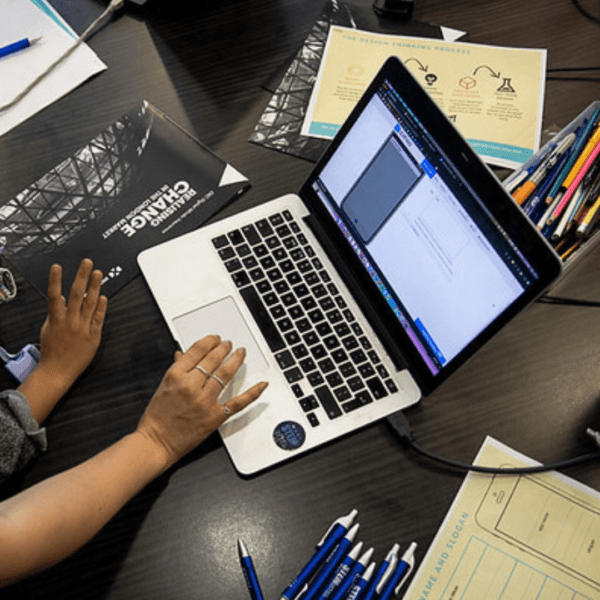Timetables
Each week, spend up to 30 minutes creating and organising a timetable with several blocks of time (1-2 hours each) set aside to focus on getting work complete. You don’t have to decide at this point what you are going to do in each of those blocks, just that you are setting aside that time to get stuff done. Leave an amount of time in between these blocks to have a proper rest, have some food, etc.

To-Do Lists
Keep an up-to-date list of tasks that you need to get done – I use Personal Kanban. Order them by importance, rather than urgency. If you spend enough focused time on the important stuff, very few things should become urgent.
Allocate the important stuff to these time blocks first. Set goals for the end of each time block. If you are unlikely to complete the whole task in 1 block, how far do you intend to get? What part(s) will you have completed by the end? When will you finish it?
If you have successfully managed the important stuff, the remaining urgent tasks should only take up small amounts of time. Allocate them to empty time slots in this timetable.
This might seem like a lot of effort but you can reuse this scheduled time and again, with only small changes to the time blocks and the assigned tasks.
Right, time to get stuck in.
Time blocks
At the beginning of a time block, turn off all distractions; put your phone out of sight and reach. Perhaps some background music, but only if it helps you concentrate. There are suitable playlists available on Spotify, etc., or create your own. Make sure you have everything you will need to hand. Concentrate for a 20-25 minute session, then take a 5-minute comfort break – lookup the Pomodoro technique. Do stand up, stretch, get a fresh drink of water. Don’t start scrolling through social media; it is designed to be engaging and suck you in. Do something truly mindless and habitual, something you really don’t have to think about. You will find resuming the next 20-25 minute session much easier.

Repeat this pattern until the end of the time block. If there’s more to do at the end, spend a few minutes writing up what that is – crib notes to make it easier to carry on from where you have left off.
If you complete something earlier than expected:
- take a moment to congratulate yourself for a job well done
- have a 5-min break (as above)
- resume by picking up an outstanding task that can be finished in the remaining time – perhaps something on the urgent side.
At the end of each day and week, spend a few minutes updating your timetable based on your progress and achievements. Again, the aim is crib notes to make resuming far easier.
This article was written by Alex Fleming, from Covéa Insurance.






